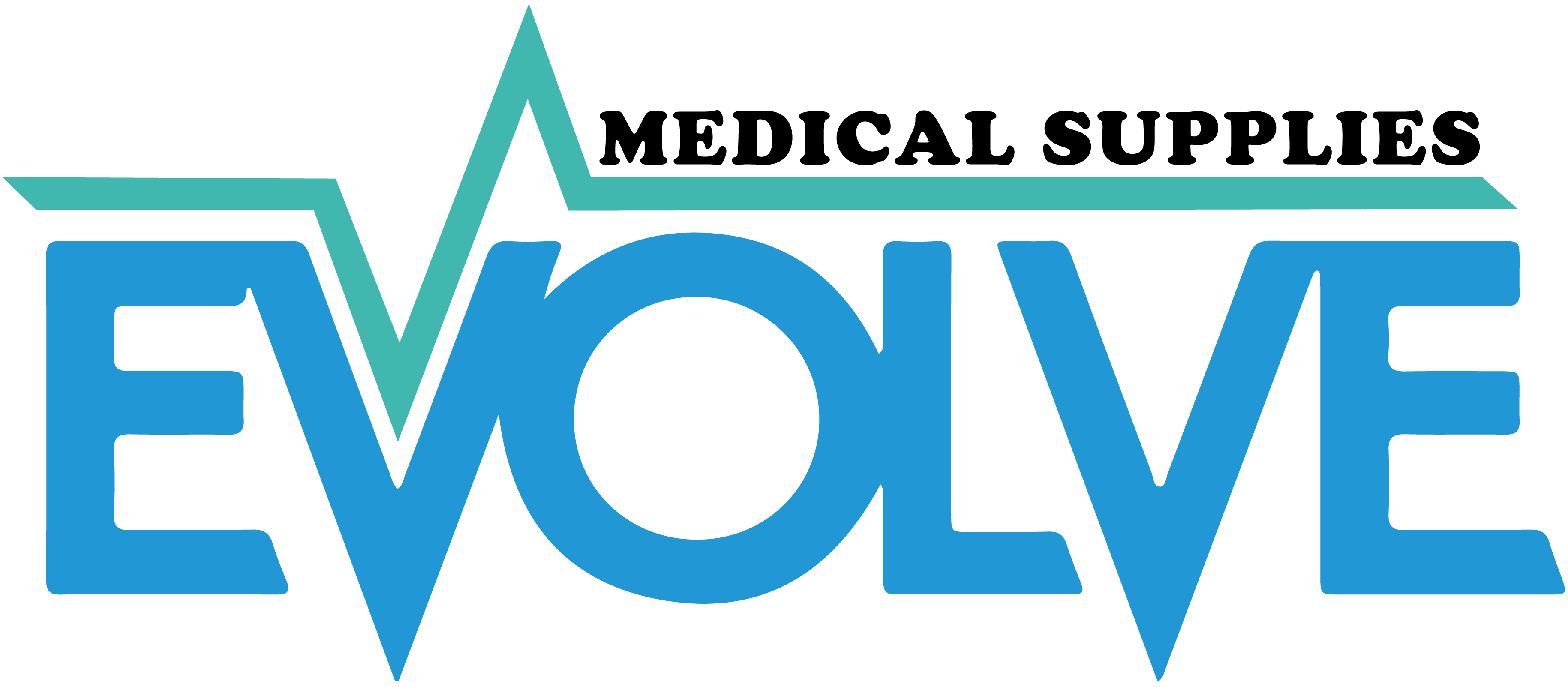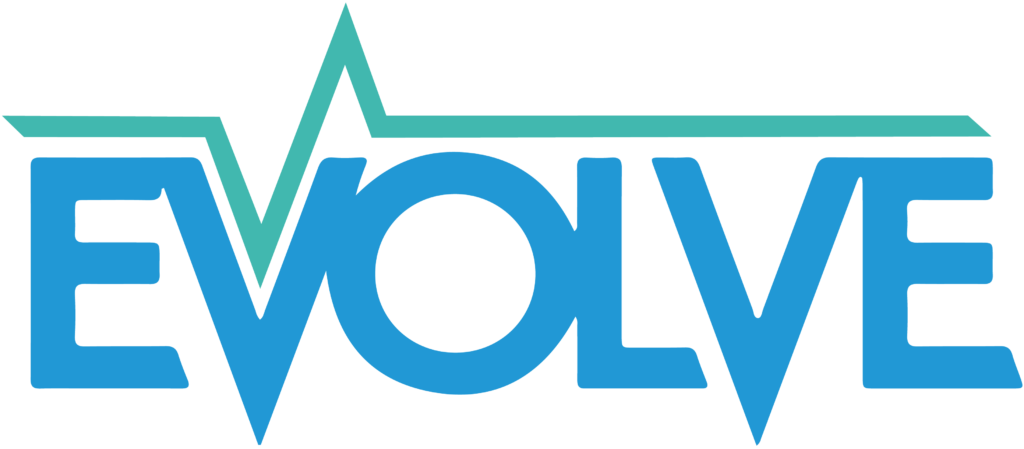When To Use Medical Shield Masks

When To Use Medical Shield Masks
Medical shield masks, also known as face shields, are transparent plastic barriers that cover the entire face, providing an added layer of protection against respiratory droplets and airborne particles. While face masks are commonly used for everyday protection, there are specific situations when can be advantageous.
Here are some instances when it is recommended to use them:
Medical Settings
These masks are commonly used in healthcare settings, including hospitals, clinics, and dental offices. They offer comprehensive coverage, protecting healthcare professionals from splashes, sprays, and droplets while interacting with patients. They are often used in conjunction with other personal protective equipment (PPE), such as gloves and surgical masks, to provide maximum protection.
Close-Contact Interactions
In situations where close physical contact is necessary, such as during medical examinations, procedures, or treatments, medical shield masks can be beneficial. They provide a clear barrier that prevents direct contact between the healthcare provider and the patient, reducing the risk of respiratory droplets transmission.
High-Risk Environments
They can be suitable for individuals working or visiting high-risk environments where the transmission of infectious diseases is a concern. These environments may include crowded spaces, public transportation, schools, or workplaces where maintaining physical distance is challenging. The use of medical shield masks in such settings can provide an extra layer of protection, especially when combined with other preventive measures like hand hygiene and proper ventilation.
Individuals with Respiratory Conditions
For individuals with respiratory conditions or compromised immune systems, can be an alternative or supplementary option to traditional face masks. The transparent shield allows for easy breathing and visibility, making it suitable for those who may feel claustrophobic or experience difficulty wearing face masks for an extended period.
It’s important to note that medical shield masks should not replace the use of face masks, especially in situations where respiratory droplets are a primary concern. Face masks provide filtration capabilities that shield masks may not offer. However, medical shield masks can complement face masks, offering additional protection in specific situations where full-face coverage is necessary.
When considering the use of medical shield masks, it’s crucial to follow local health guidelines and recommendations. Proper hygiene practices, such as regular cleaning and disinfection of the shield mask, are essential to maintain its effectiveness.
Get Access To Our Special Products
Get access to discounted B2B Ambulance/EMS (Emergency Medical Services) Products
Quick Links
Get In Touch
- support@evolvemedicalsupplies.com
- 858-650-9057
- 11160 Rancho Carmel Dr STE 106 #1035 San Diego, CA 92128


